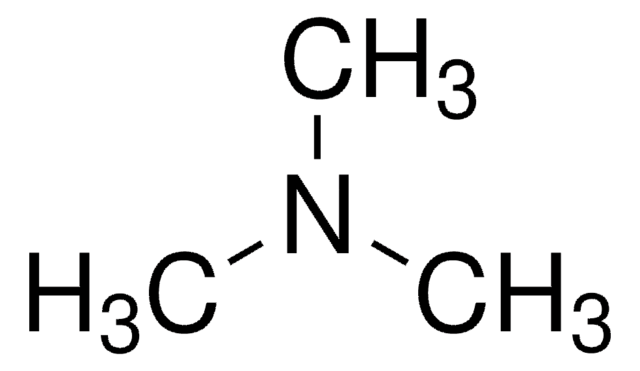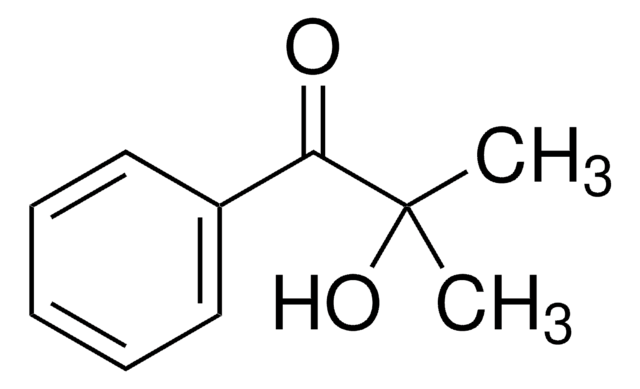A2835
Amyloid Protein Non-Aβ Component
≥80% (HPLC)
Synonyme(s) :
NAC
About This Item
Produits recommandés
Niveau de qualité
Essai
≥80% (HPLC)
Forme
solid
Numéro d'accès UniProt
Température de stockage
−20°C
Chaîne SMILES
CC[C@H](C)[C@H](NC(=O)[C@H](CO)NC(=O)CNC(=O)[C@H](C)NC(=O)CNC(=O)[C@H](CCC(O)=O)NC(=O)[C@@H](NC(=O)[C@@H](NC(=O)[C@H](CCCCN)NC(=O)[C@H](CCC(N)=O)NC(=O)[C@H](C)NC(=O)[C@@H](NC(=O)[C@H](C)NC(=O)[C@@H](NC(=O)[C@@H](NC(=O)CNC(=O)[C@@H](NC(=O)[C@@H](NC(=O)[C@@H](NC(=O)[C@H](C)NC(=O)CNC(=O)CNC(=O)[C@@H](NC(=O)[C@H](CC(N)=O)NC(=O)[C@@H](NC(=O)[C@@H](NC(=O)[C@H](CCC(N)=O)NC(=O)[C@@H](N)CCC(O)=O)C(C)C)[C@@H](C)O)C(C)C)C(C)C)C(C)C)[C@@H](C)O)C(C)C)[C@@H](C)O)C(C)C)[C@@H](C)O)C(C)C)C(=O)N[C@@H](C)C(=O)N[C@@H](C)C(=O)N[C@@H](C)C(=O)N[C@@H]([C@@H](C)O)C(=O)NCC(=O)N[C@@H](Cc1ccccc1)C(=O)N[C@@H](C(C)C)C(O)=O
InChI
1S/C141H235N39O49/c1-31-66(18)107(137(224)158-70(22)115(202)155-69(21)114(201)156-72(24)119(206)176-108(74(26)182)129(216)151-55-94(193)160-85(49-79-37-33-32-34-38-79)125(212)174-106(65(16)17)141(228)229)175-127(214)87(57-181)161-95(194)54-148-113(200)67(19)153-93(192)53-149-121(208)82(43-47-98(198)199)165-132(219)102(61(8)9)173-140(227)112(78(30)186)177-123(210)81(39-35-36-48-142)164-122(209)83(41-44-88(144)187)162-116(203)71(23)157-131(218)101(60(6)7)168-118(205)73(25)159-138(225)110(76(28)184)179-133(220)100(59(4)5)167-96(195)56-152-130(217)109(75(27)183)178-136(223)105(64(14)15)172-134(221)103(62(10)11)169-117(204)68(20)154-92(191)52-147-91(190)51-150-128(215)99(58(2)3)170-126(213)86(50-90(146)189)166-139(226)111(77(29)185)180-135(222)104(63(12)13)171-124(211)84(42-45-89(145)188)163-120(207)80(143)40-46-97(196)197/h32-34,37-38,58-78,80-87,99-112,181-186H,31,35-36,39-57,142-143H2,1-30H3,(H2,144,187)(H2,145,188)(H2,146,189)(H,147,190)(H,148,200)(H,149,208)(H,150,215)(H,151,216)(H,152,217)(H,153,192)(H,154,191)(H,155,202)(H,156,201)(H,157,218)(H,158,224)(H,159,225)(H,160,193)(H,161,194)(H,162,203)(H,163,207)(H,164,209)(H,165,219)(H,166,226)(H,167,195)(H,168,205)(H,169,204)(H,170,213)(H,171,211)(H,172,221)(H,173,227)(H,174,212)(H,175,214)(H,176,206)(H,177,210)(H,178,223)(H,179,220)(H,180,222)(H,196,197)(H,198,199)(H,228,229)/t66-,67-,68-,69-,70-,71-,72-,73-,74+,75+,76+,77+,78+,80-,81-,82-,83-,84-,85-,86-,87-,99-,100-,101-,102-,103-,104-,105-,106-,107-,108-,109-,110-,111-,112-/m0/s1
Clé InChI
GXGKRPSFRUFLPR-PKXGUHEISA-N
Informations sur le gène
human ... SNCA(6622)
Amino Acid Sequence
Actions biochimiques/physiologiques
Autres remarques
Code de la classe de stockage
11 - Combustible Solids
Classe de danger pour l'eau (WGK)
WGK 3
Point d'éclair (°F)
Not applicable
Point d'éclair (°C)
Not applicable
Équipement de protection individuelle
Eyeshields, Gloves, type N95 (US)
Faites votre choix parmi les versions les plus récentes :
Déjà en possession de ce produit ?
Retrouvez la documentation relative aux produits que vous avez récemment achetés dans la Bibliothèque de documents.
Notre équipe de scientifiques dispose d'une expérience dans tous les secteurs de la recherche, notamment en sciences de la vie, science des matériaux, synthèse chimique, chromatographie, analyse et dans de nombreux autres domaines..
Contacter notre Service technique







